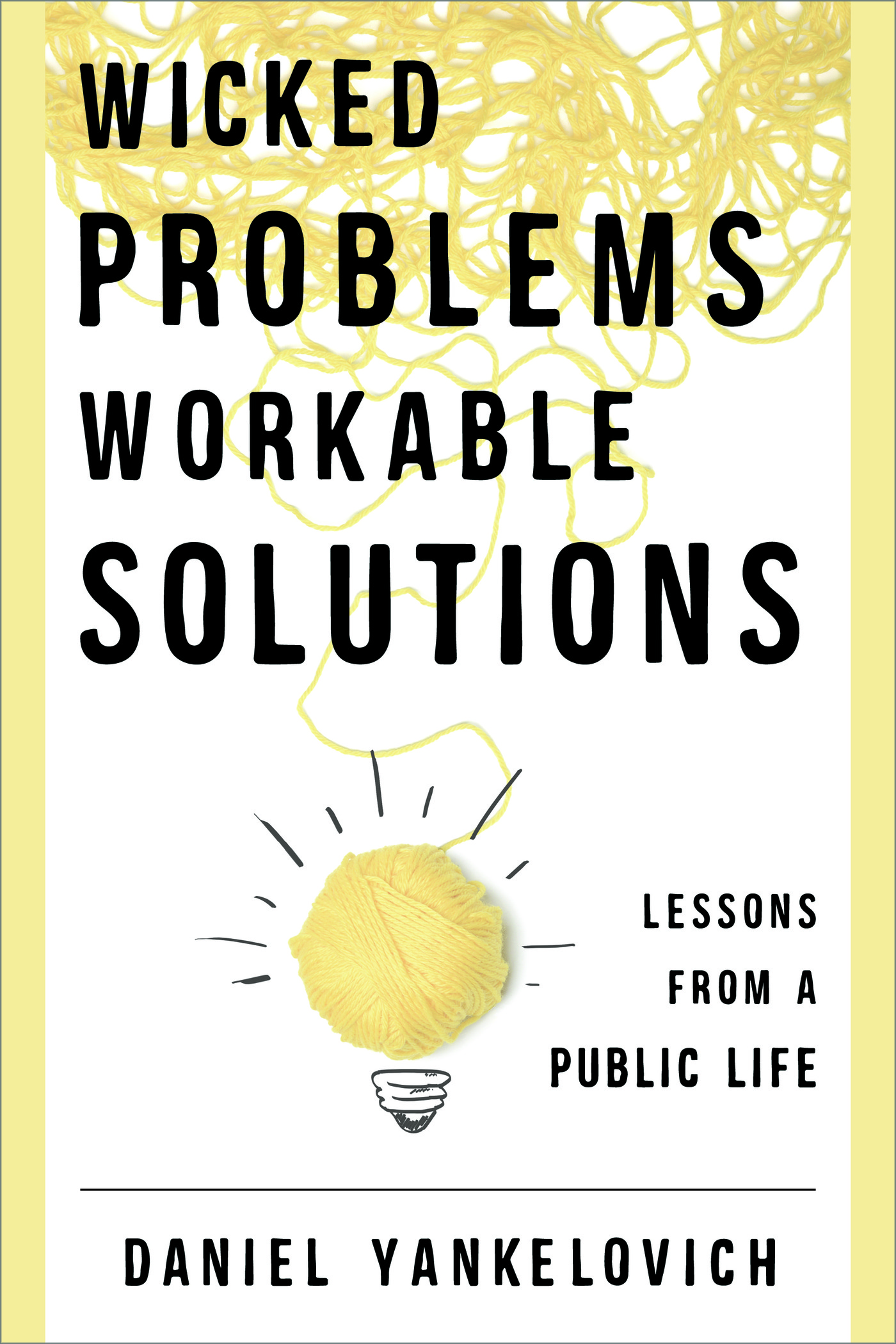Wicked Problems, Workable Solutions
Also by Daniel Yankelovich
Toward Wiser Public Judgment. Nashville: Vanderbilt University Press, 2011. With Will Friedman.
Profit With Honor: The New Stage of Market Capitalism. New Haven: Yale University Press, 2007.
Uniting America: Restoring the Vital Center to American Democracy. Editor, with Norton Garfinkle. New Haven: Yale University Press, 2006.
The Magic of Dialogue: Transforming Conflict into Cooperation. New York: Simon & Schuster, 1999.
Beyond the Beltway: Engaging the Public in U.S. Foreign Policy. Editor, with I.M. Destler. New York: W.W. Norton and Company, 1994.
Coming to Public Judgment: Making Democracy Work in a Complex World. Syracuse: Syracuse University Press, 1991.
Starting with the People. Boston: Houghton Mifflin Company, 1988. With Sidney Harman.
The World at Work: An International Report on Jobs, Productivity and Human Values. Octagon Books, 1985.
New Rules: Searching for Self-fulfillment in a World Turned Upside Down. New York: Random House, 1981.
The New Morality: A Profile of American Youth in the Seventies. New York: McGraw-Hill, 1978.
Work, Productivity and Job Satisfaction. New York: Harcourt Brace, 1975. With Raymond A. Katzell and others.
Changing Values on Campus: Political and Personal Attitudes of Todays College Students. New York: Washington Square Press, 1973.
Ego and Instinct: The Psychoanalytic View of Human Nature-Revised. New York: Random House, 1969. With William Barrett.
Wicked Problems, Workable Solutions
Lessons from a Public Life
Daniel Yankelovich
ROWMAN & LITTLEFIELD
Lanham Boulder New York London
Published by Rowman & Littlefield
A wholly owned subsidiary of The Rowman & Littlefield Publishing Group, Inc.
4501 Forbes Boulevard, Suite 200, Lanham, Maryland 20706
www.rowman.com
Unit A, Whitacre Mews, 26-34 Stannery Street, London SE11 4AB
Copyright 2015 by Rowman & Littlefield
All rights reserved. No part of this book may be reproduced in any form or by any electronic or mechanical means, including information storage and retrieval systems, without written permission from the publisher, except by a reviewer who may quote passages in a review.
British Library Cataloguing in Publication Information Available
Library of Congress Cataloging-in-Publication Data Available
ISBN 978-1-4422-4480-1 (cloth : alk. paper) -- 978-1-4422-4481-8 (electronic)
 TM The paper used in this publication meets the minimum requirements of American National Standard for Information Sciences Permanence of Paper for Printed Library Materials, ANSI/NISO Z39.48-1992.
TM The paper used in this publication meets the minimum requirements of American National Standard for Information Sciences Permanence of Paper for Printed Library Materials, ANSI/NISO Z39.48-1992.
Printed in the United States of America
I dedicate this book to the thinkers who kept my interest in philosophy alive long after I had grown disillusioned with logic as a way of discovering the truths of living. They include Isaiah Berlin, Richard Rorty, Jurgen Habermas, Alfred North Whitehead, Hannah Arendt, Martha Nussbaum, William Barrett, and John Dewey.
ACKNOWLEDGMENTS
I am grateful to the people who helped me at all stages of the books development. For their help on how to structure the book so that its various parts held together as a single whole, I thank my friend Norton Garfinckle and my agent Ron Goldfarb.
For all of their helpful insights in reading parts of the draft I thank Leon Shapiro, Laurie Rosenblatt, Paul and Susan Drake, Jeff Elman, and Kathy Kilfara. And great appreciation to my niece, Fay, for her imaginative art.
For her moral support I am grateful to my beloved daughter, Nicole. Above all, for Laura, who not only edits with exquisite skill but who makes everything possible.
I
Elitism versus Democracy
Chapter 1
Introduction: Americas Wicked Problems
For almost forty years our economy has bred stagnant wages, long-term unemployment, huge disparities of wealth, and fewer escalators of social mobility.
This is without doubt a Wicked Problem.
Wicked Problems share these characteristics:
There are no quick fixes.
They are complex and multifaceted.
Conventional methods (legislation, regulation, money, power, technology) dont and cantsolve them.
Solutions depend on how the problem is framed.
Every wicked problem is essentially novel and unique.
In recent years, not only our economy, but also our culture and our national gift for compromise and practical problem solving have taken a big hit.
Our nation seems to have lost its traditional knack for pragmatic problem solving. Americans feel our society is becoming ever more unfair and unresponsive. Important issues pile up unattended; public mistrust of our institutions grows more entrenched.
On the cultural front, the sharp distinction between what is morally right and what is merely legalformerly a foundational ethic of our culturehas grown blurry. Many people rationalize their behavior by saying, I didnt break the law so I couldnt have done anything wrong.
Cultures are supposed to provide guidance for individuals on what really matters in life. American culture used to be rigid and conformist, but at least our cultural values were clear and compelling. This is no longer the case. The cultural revolution launched in the 1960s lurched too violently toward extreme individualism. It may take another generation or two to restore the sense of community and balance we need for our society to function successfully.
Perceptive critics characterize our troubled era in a variety of ways. Social critic Matt Miller observes that all current measures of a good society are moving in the wrong directionwages, school rankings, college costs, health care costs, poverty rates, job opportunities, and so forth.
Journalist Peggy Noonan (Wall Street Journal) laments, The great unstated question of today: Can America come back, reclaim her old spirit, confidence and joy, can we make things again, build them, grow, create, push out into the new? And here I think: Oh dear.
New Yorker writer George Packer names his book of contemporary American lives The Unwinding. Packer perceives significant deterioration of the power of our mores to bind us together as a civilization. Optimistically, however, he observes that there have been unwindings every generation or two and out of each came a new cohesion.
I share Packers hopeful assumption that a new cohesion will eventually emerge. But I dont think its going to happen quickly or automatically. Before we can pull ourselves together once again, we may have to live through years of downward twists and turns, and it will take more than luck to see us through.
How did all this happen?
In the early days of the cultural revolution that incubated on the nations college campuses in the 1960s, the ardent young students who were arguing for change visualized a new culture that balanced individual autonomy with concern for the common good. They never imagined that our culture would impulsively seize on the individual autonomy part of the balance and push concern with the common goodwhat the Romans called the

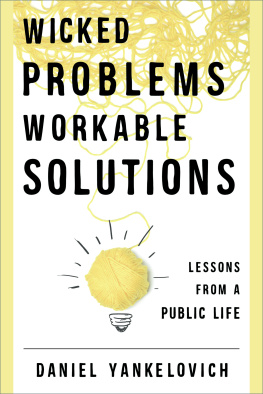

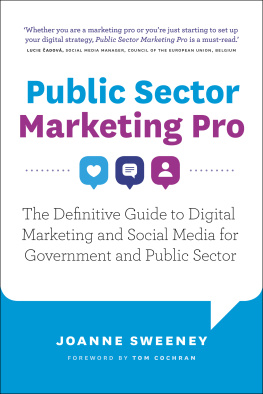
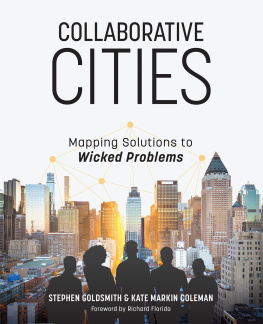


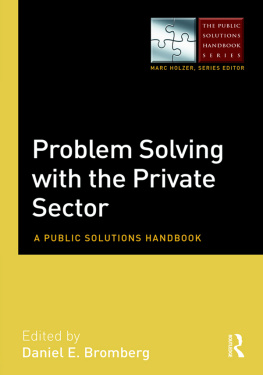
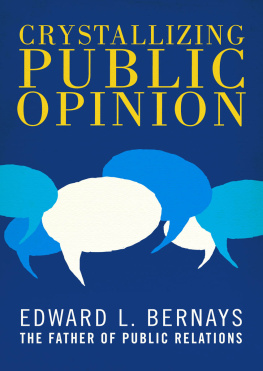
 TM The paper used in this publication meets the minimum requirements of American National Standard for Information Sciences Permanence of Paper for Printed Library Materials, ANSI/NISO Z39.48-1992.
TM The paper used in this publication meets the minimum requirements of American National Standard for Information Sciences Permanence of Paper for Printed Library Materials, ANSI/NISO Z39.48-1992.